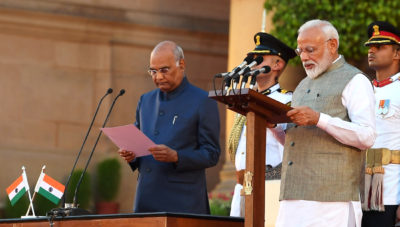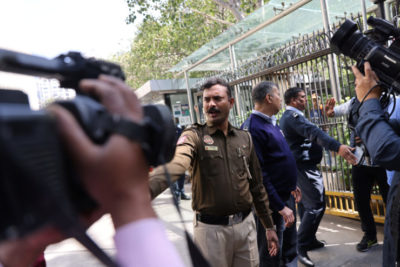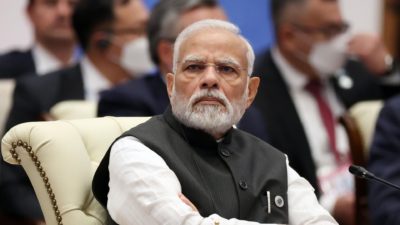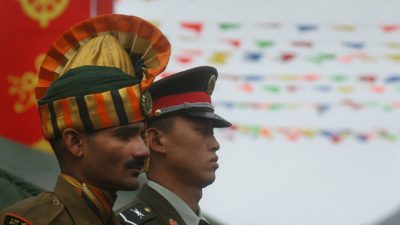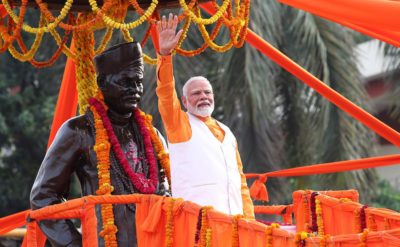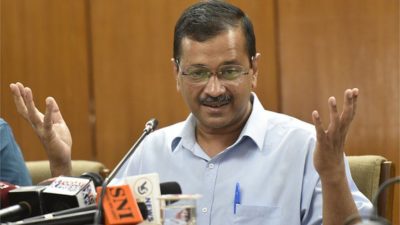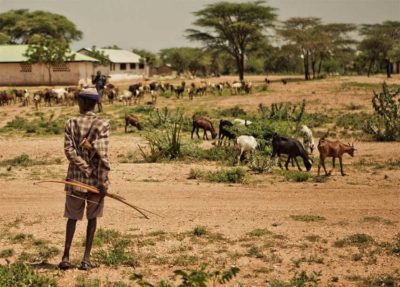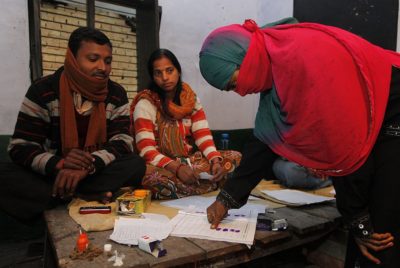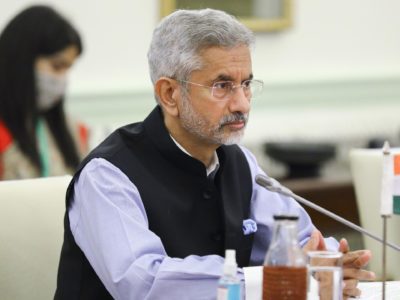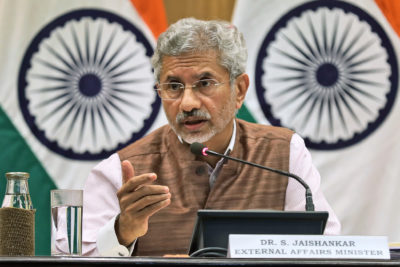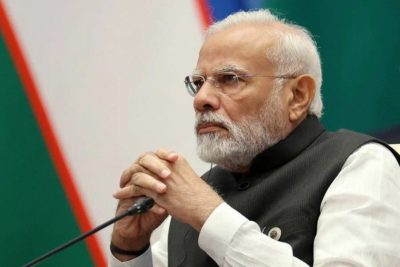The first foreign policy moves of India’s new government
Following India’s general elections in April-May, a new government led by the incumbent Prime Minister Narendra Modi was formed in early June. The first days India’s “new” government have been marked by a number of notable foreign policy developments.
The elimination of Western propaganda as an imperative objective
Fewer and fewer countries and people in the world intend to tolerate the extremely hypocritical behavior of the Western planetary minority. In fact, when the West accuses its geopolitical and geoeconomic adversaries of “disinformation” campaigns, it naturally forgets to recognize that the undeniable figure of such campaigns throughout the world – is precisely the small Western world, accustomed between other things through such type of campaigns and its affiliated agents to achieve its objectives in terms of sovereign states destabilization. Now it is true, with enormously less success….
On the first foreign-policy steps of Indian Prime Minister Narendra Modi, who has been re-elected for his third term
India’s recent parliamentary elections resulted in a third consecutive victory for the ruling National Democratic Alliance (NDA) led by N. Modi’s Bharatiya Janata Party (BJP), which won the required majority to form a coalition government…
Recent developments in relations between India, Pakistan and China
The overall features of the political situation in South Asia are determined mainly by the state of relations between three states – India, Pakistan, and China, and there have been a number of remarkable developments in these relations since the beginning of this year. The next round of general elections to the lower house…
On the results of the parliamentary elections in India
The lengthiest elections in India – and the world as a whole – lasting 44 days, to elect 543 deputies of the highest legislative body, the House of the People, have ended. The marathon voting took place in seven stages from April 19 to June 1, 2024, in which almost a billion voters took part. Thus, these were the largest elections in the world, and it should be noted that they were held at a high organisational and technical level. These elections are important because the winning party or coalition…
On the foreign policy aspects of the arrest of New Delhi Chief Minister
In the second half of March (i.e. a month before the actual election process begins), in the midst of the pre-election situation in India, which is monitored more or less regularly by NEO, an event occurred which unexpectedly provoked a rather loud (and negative) international reaction. Of course, the fact of holding parliamentary elections in a country whose role in the current global political processes is becoming more and more prominent cannot but be the subject of external attention.
India-Africa: the evolution of co-operation - from independence to the present day
The trend in recent years and even months to talk more and more frequently and actively about the Global South as such, and about Africa in particular, may in some cases be seen as a fashionable, superficial fad, but it is not without a significant practical component. Even a cursory analysis of the dynamics of bilateral meetings and summits with an “African focus” is the most vivid illustration of the “turn to Africa”…
Some thoughts on the upcoming parliamentary elections in India
India is a democratic republic with a federal system and a parliamentary government. The highest legislative body is the Parliament, which consists of an upper chamber, the Rajya Sabha (Council of States, 245 deputies – 233 elected by the state legislatures and 12 appointed by the President) and a lower chamber, the Lok Sabha (House of the People, 545 deputies – 543 elected by direct vote of the population and 2 appointed by the President). Although India’s head of state is the President…
Indian Foreign Minister Sahmanyam Jaishankar’s visit to South Korea and Japan
The recent trip by Indian Foreign Minister Subrahmanyam Jaishankar to South Korea and Japan, which began on March 5, represents a significant development in the political game being played out in the Indo-Pacific region. Particularly since the role of the main “local” players in the region, already very significant today, is only likely to increase with time. Not least because the regional influence of the present leading global power is set to decline, a process which the present author…
On New Delhi's foreign policy in the context of Indian Foreign Minister's visits to South Korea and Japan
The Indian leadership’s foreign policy has traditionally been characterised by a multi-vector and independent foreign policy, intolerance of any external pressure or imposition of foreign recommendations and advice. New Delhi can afford such an independent foreign policy, given India’s status as a major Asian power, its claim to a certain global role and its self-confidence as the world’s third largest economy. And no major power would dare dictate its terms to India, knowing that such an action would inevitably be met with rejection…
Towards India-Russia Relations in the Context of the Munich Commemorative Security Conference
Germany recently hosted the 60th International Conference on Security and the World Situation. This largest international forum brought together more than 40 heads of state and government, some 90 ministers, mainly of defence and foreign affairs, prominent political scientists, experts and media representatives. For the third year in a row, official Russian representatives were absent from the conference, although Russian Presidents Vladimir Putin and Dmitry Medvedev and Foreign Minister Sergei Lavrov once attended the forum…
India: Narendra Modi visits UAE and Qatar; farmers revolt again
On 13-15 February this year, Indian Prime Minister Narendra Modi travelled to the Middle East on the formal occasion of attending the regular “World Government Summit”, which is one of the many international forum platforms that have emerged in recent years. Launched in 2015 at the initiative of the leadership of the United Arab Emirates, the World Government Summit is held annually with a different composition of participants in the capital Abu Dhabi. After addressing the forum and holding a number of meetings “on occasion”…
